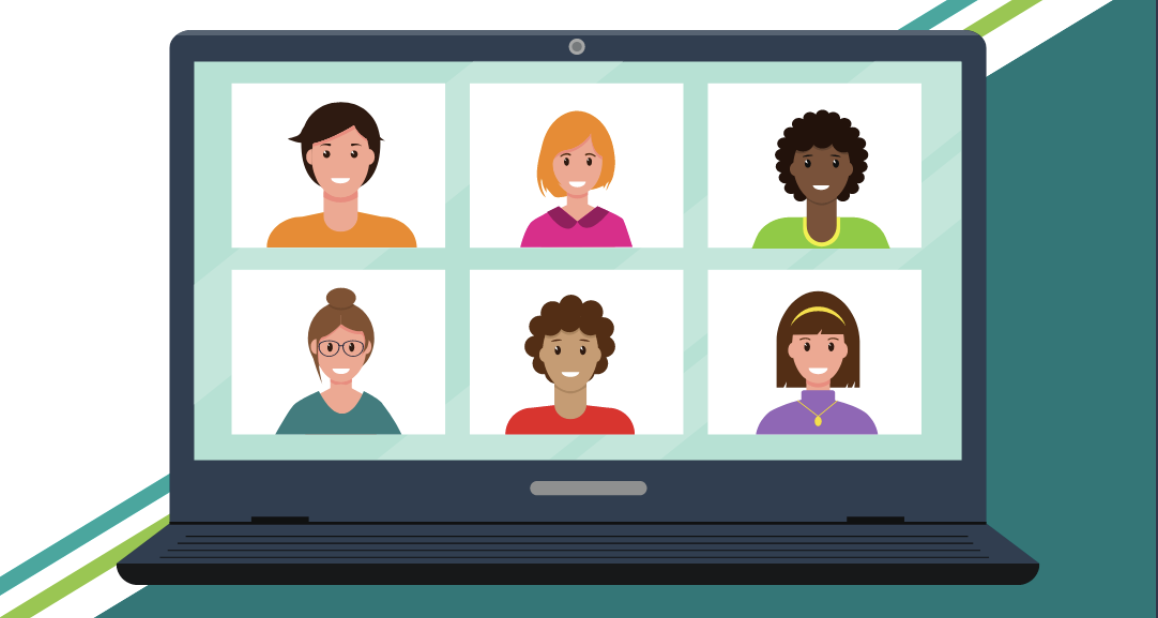Event Date: January 19th, 2023
Watching media without captions can be frustrating for deaf students. Captioned media not only supports deaf students, but is beneficial for the entire campus community. Accessible campuses require that videos be captioned, however, survey results from 87 disability service professionals found that only 30% of their institutions offered this service (Supporting Deaf College Students: Perspectives From Disability Services Professionals, 2022). Join NDC for a panel of disability service professionals to discuss their experiences with policy and procedures for captioned media on campus. While this webinar is designed for DSS personnel, administrators, policymakers, and participants from all professional backgrounds are encouraged to attend. The agenda for this webinar is derived from common inquiries to NDC’s Help Desk which include:- Guidance on who is responsible for captioning media,
- How to implement captioned media policies and procedures, and
- Ways to leverage campus collaborations.
Panelists
- Sheryl Ballenger, Ph.D., CPACC — Deaf and Hard of Hearing Services, Manager with the Center for Inclusive Design and Innovation (CIDI) at Georgia Institute of Technology
- Brittany Mammenga, ADAC — Captioning Coordinator at Minneapolis Community College
- Andrew Weaver, NIC — Sign Language Interpreting and Transcription Coordinator at the University of Oregon
Captioned Media Work Group
NDC will be hosting Captioned Media Work Group meetings via Zoom, for a maximum of 10 people, and will meet on the second Wednesday of each month from 1-2 PM CST. To qualify for registration, participants must be disability services professionals who already have experience with captioned media services and have an existing policy and/or process in place. People who are new to captioned media, or do not have a campus policy in place, should view our other available materials (i.e. webinars, online learning courses, and topic pages). This group will not be an instructional space, but rather is intended as an opportunity for people to work together to evaluate their own policies and develop options for improvement. The first group meeting is tentatively planned for March, centering around introductions, sharing of policies and processes, and a discussion of challenges, successes, and areas of improvement. Future workgroup meetings will spotlight successful policies and processes from other institutions as well as the opportunity for a shared workspace to work collaboratively towards further policy development. To register, please fill out this form.Event Code of Conduct
All are invited to participate as you are, engage with our team, and connect with other participants to learn together. NDC is committed to creating a harassment-free space of learning that welcomes all participants regardless of gender, gender identity and expression, transgender status, age, body type, appearances, sexual orientation, disability, race, ethnicity, religion (or lack thereof), veteran or marital status, national origin, or other classification protected by law. You agree to abide by the event code of conduct by attending the event. NDC has a zero-tolerance policy for harassment of any kind and expects all event participants will help uphold a positive experience for all. NDC reserves the right to take any necessary and appropriate action, including immediate removal from the event, in response to any incident that violates the above-mentioned expectations. NDC also reserves the right to prohibit participation at any future events, virtually or in person.Participants Are Expected to:
- Conduct themselves in a manner that is considerate, respectful, and professional in their interactions with all present at the event.
- Refrain from disruptive, disrespectful, disparaging, discouraging, discriminatory, or demeaning conduct.
- Inform NDC if you notice any behavior not aligned with the conduct expectation outlined above.









